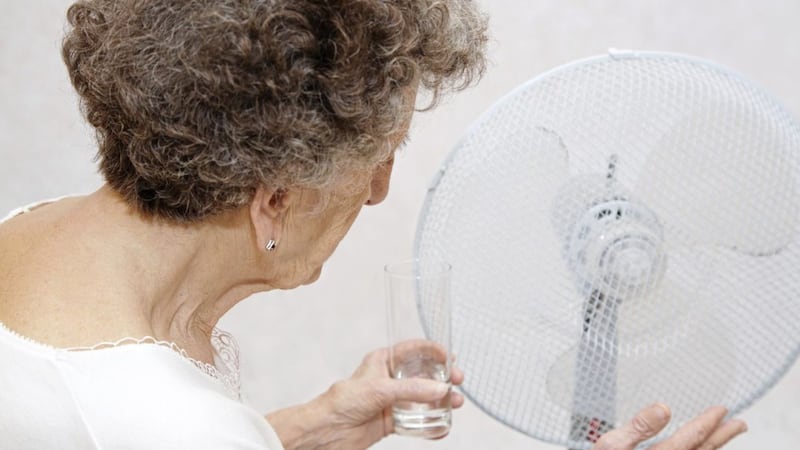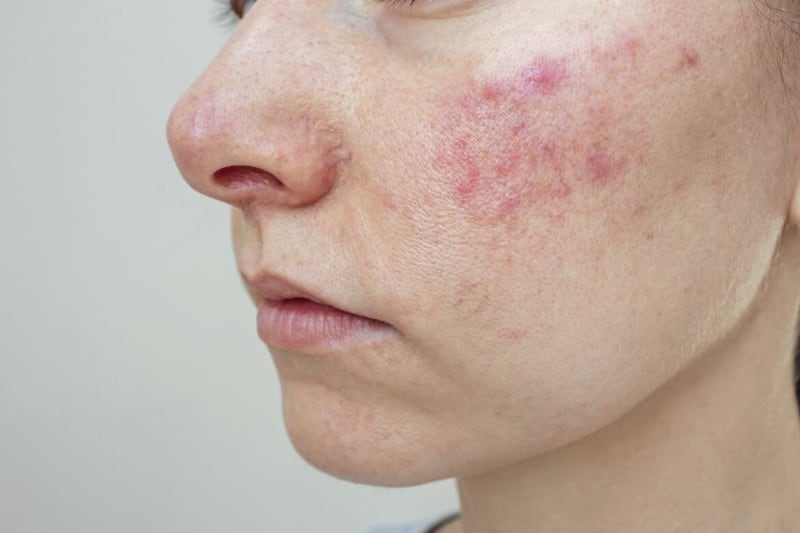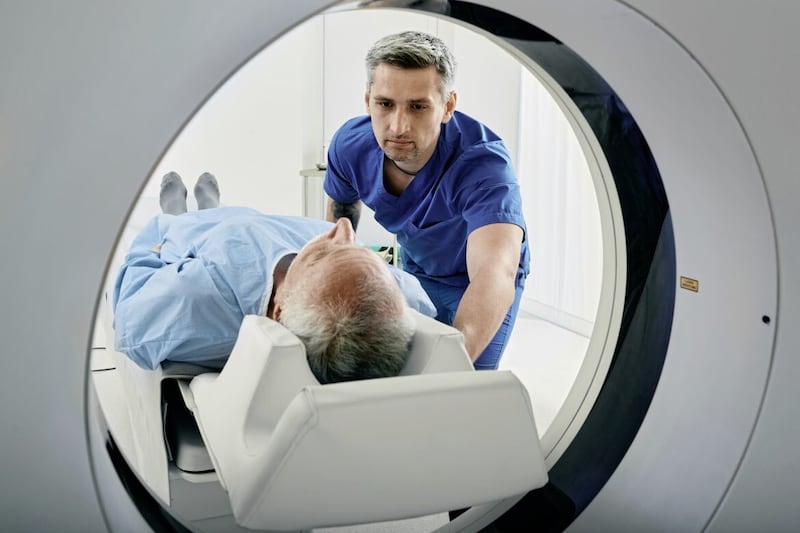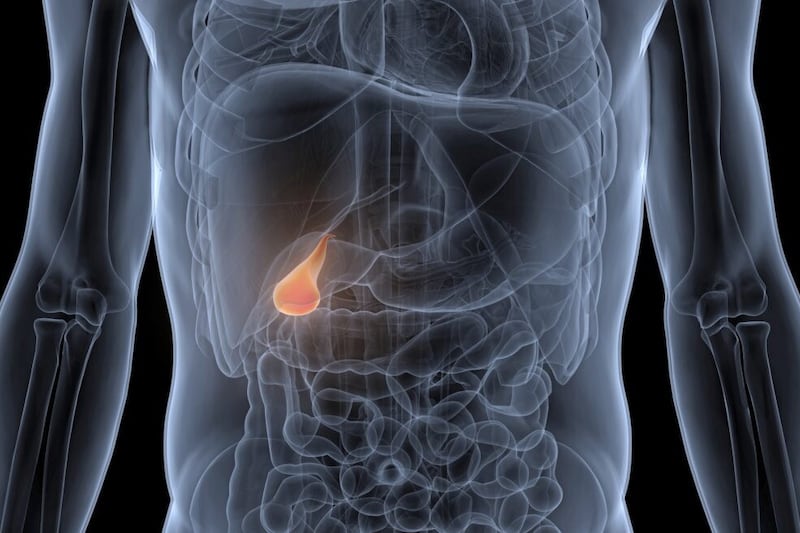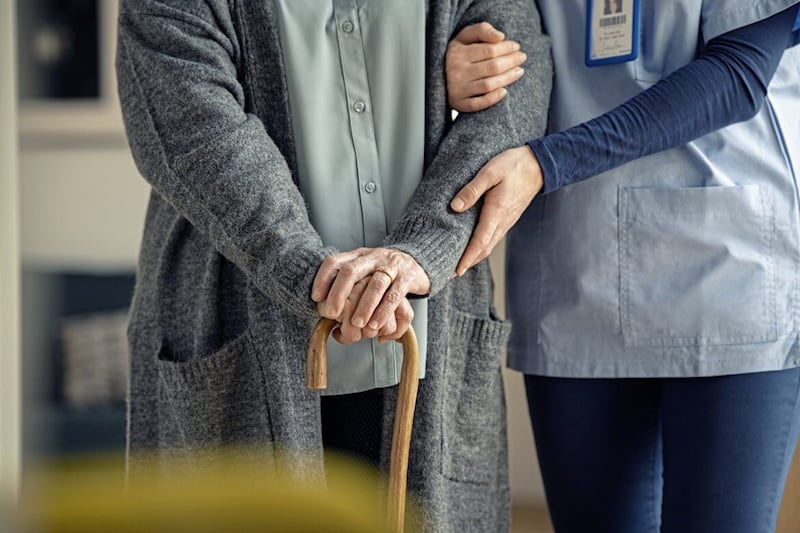Q: I AM 71 and started the menopause aged 47 but, 10 years ago, I developed night sweats that cause me to wake each hour with sweat dripping off my nose and joints. I’m getting depressed about this.
WB
A: I feel for you and, sadly, you are not alone in experiencing such troublesome and enduring post-menopausal symptoms.
While many believe these will decline over the years, studies show that 9 per cent of women aged 72 continue to have them.
The average age a woman goes through the menopause (ie no longer has periods due to a lack of oestrogen) is 52, so this means that, in some cases, the symptoms are persisting for decades. Hot flushes are the most common symptom, affecting 80 per cent of women.
Our body temperature is controlled by an area of the brain known as the hypothalamus. When oestrogen levels fall, this causes abnormalities in the cells of this area, which disrupt the usual mechanisms that come into play to dissipate heat when body temperature rises by 0.4C.
In menopausal women, these mechanisms kick in at a much lower temperature – the feeling of heat is due to an increase in blood flow in the skin, followed by perspiration to cause rapid heat loss.
The sudden sensation starts around the face and upper chest, and lasts for several minutes, rapidly becoming generalised.
Hormone replacement therapy (HRT), which you say in your longer letter you’ve tried on and off, can be effective.
If it is not considered suitable – possibly, at the age of 71, you fall into this category, as women over 65 on HRT may have an increased risk, albeit very small, of developing a blood clot or cancer – there are a number of non-hormonal medical options.
The best studied are selective serotonin reuptake inhibitors (SSRIs), a class of drugs usually prescribed as antidepressants.
The antidepressant venlafaxine is commonly used to ease symptoms such as yours, and achieves a positive response within days.
Side-effects can include nausea, loss of appetite and drowsiness, but these generally wear off after a fortnight. However, patients must come off this drug slowly – otherwise they may experience side-effects such as dizziness.
Anti-epileptic drugs such as gabapentin and pregabalin are also used to treat hot flushes – the downside of these is that they can cause sleepiness, nausea and dry mouth, but all are minimal if started at a low dose.
There are a number of alternative therapies, but none has yet thoroughly been proven to work.
You mention that your doctor has suggested Botox: injected into the area, this will stop sweating in the armpits for many months, but it is not practical for the generalised symptoms that you describe.
I suggest you discuss other options with your doctor – and hope that you can find something that works for you.
Q: TWICE a day for a few hours my husband’s right ear ‘clicks’, affecting his hearing and his voice. When he lies down, this seems to sort it. He was referred to the local hospital, but they couldn’t identify the problem. Can you help?
AC
A: FOR years I worked part-time in a nose and sinus research clinic, and it seems to me that your husband has the classic symptoms of eustachian tube dysfunction.
The eustachian tube runs from the middle ear (which transmits sound to the brain) to the nasopharynx (the upper part of the throat at the back of the nose) and its main function is to equalise the air pressure in the middle ear with the pressure outside. The tube opens every time we swallow or yawn, more than 80 times every hour.
However, for various reasons the valve at the inner end of the tube can fail to open or close properly – this may be because of an obstruction (such as mucus).
But your husband has a different form, patulous dysfunction, which occurs when the valve intermittently sticks open. This causes annoying symptoms, such as the clicking noise, but is relatively harmless.
There are many potential causes, including allergy, weight loss, stress and anxiety – the tube is surrounded by four muscles and irritation or tension could be affecting the valve.
Other triggers are dehydration (which reduces the water content of the fatty tissues surrounding the tube), neurological conditions such as stroke (affecting the nerves that control the muscle), and it’s thought that hormonal changes may also play a part in some cases (for instance, increased oestrogen for women on the contraceptive pill can cause swelling around the tube).
There is no rhyme or reason to when the symptoms occur, but they can vary with physical position, as your husband has found when lying down.
The key symptom of eustachian tube dysfunction is hearing your own voice booming, and sometimes your breathing sounds much louder and becomes intrusive. This causes the patient to alter the way they speak.
A specialist would confirm the diagnosis with tympanometry, where a small probe is inserted into the ear and air is pumped in to check the eardrum (when the eustachian tube is closed, it takes more pressure to move the eardrum than when it’s open).
This will pick up the condition only if symptoms are present at the time, but the problem can still be diagnosed from the patient’s history and complaints.
I suggest that your husband sees an ear, nose and throat specialist for confirmation of the diagnosis.
Treatment begins with tackling suspected causes. In some cases (where the tube is permanently obstructed), surgery may be offered.
A grommet, a tiny tube placed in a hole incised in the ear drum, provides relief in about half of cases.
© Solo dmg media
